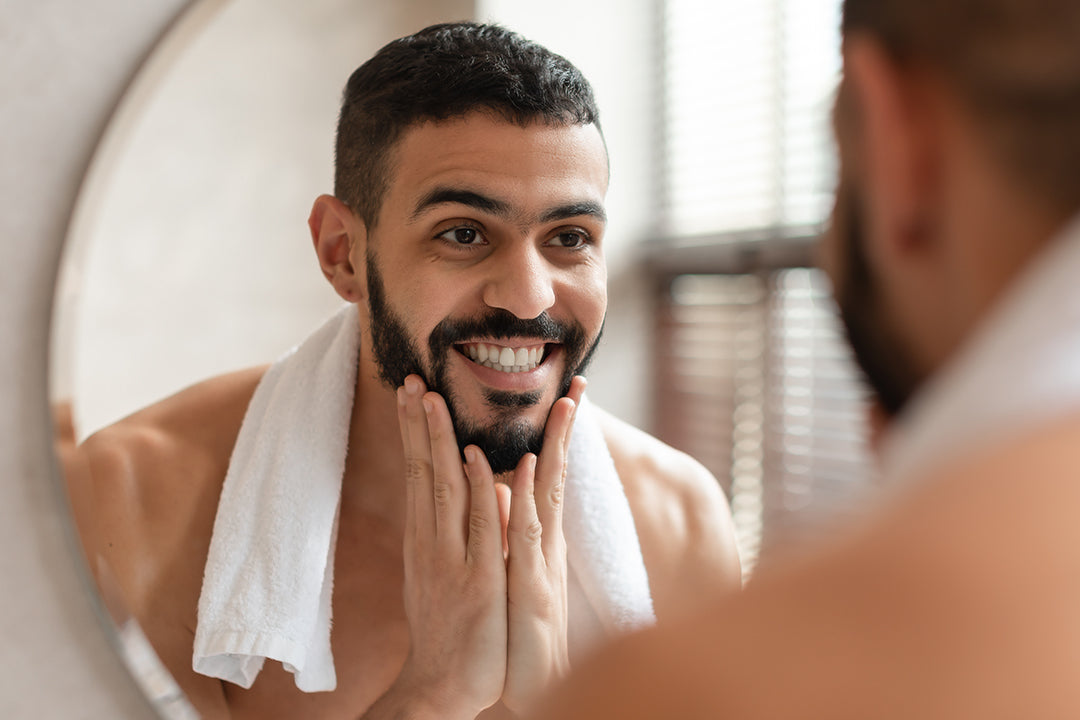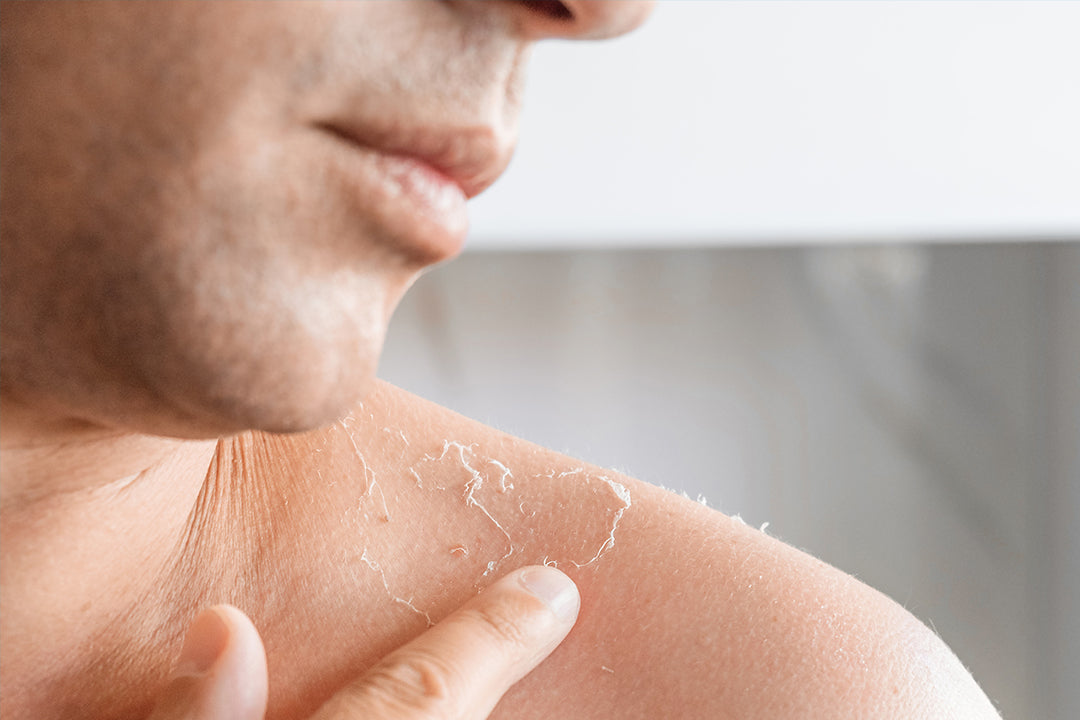When it comes to skincare, there are a lot of conflicting opinions and advice out there. One of the most debated topics is whether or not you should skip moisturizer. Some people swear by it, claiming that their skin has never looked better since they stopped using moisturizer. Others are adamant that moisturizer is a crucial step in any skincare routine. So, what's the truth? Can you really skip moisturizer?
Why You Shouldn't Skip Moisturizer
While cleansing is the foundation of any good skincare routine (it helps all those ingredients work their hardest, after all), a lack of moisture could be your skin's biggest downfall. So let's get into it, shall we? What is a moisturizer? Let's start with the basics - what actually IS a moisturizer? Formulated with humectants, emollients, and occlusives, moisturizers help to hydrate and protect the skin barrier. They also help to lock in moisture and prevent water loss.
Benefits of Using Moisturizer
There are several benefits to using moisturizer on your skin:
- Hydration: Moisturizers provide much-needed hydration to the skin, especially if you have dry or dehydrated skin. They help to replenish moisture and keep your skin looking plump and healthy.
- Protection: Moisturizers also act as a barrier, protecting your skin from environmental factors such as pollution and UV rays. They create a protective layer on your skin, preventing damage and premature aging.
- Skin Barrier Repair: Your skin barrier is responsible for keeping moisture in and harmful bacteria out. Moisturizers help to repair and strengthen the skin barrier, keeping your skin healthy and resilient.
Consequences of Skipping Moisturizer
- Dryness and Flaking: This is the most common consequence. Without moisture, skin becomes dry, flaky, and uncomfortable.
- Increased Sensitivity: Dry, compromised skin is more prone to irritation and sensitivity.
- Early Signs of Aging: Dehydration can accelerate the appearance of wrinkles and fine lines.
- Enlarged Pores: Dry skin loses elasticity, making pores seem larger.
What About Using Serums Alone?
Another popular trend in skincare is using serums alone, without moisturizer. If you're using a serum, you're certainly doing your skin a favor. Serums are potent formulations that deliver beneficial high-performance ingredients such as antioxidants, humectants, or peptides. However, serums are not meant to replace moisturizers. They provide targeted treatments and should be used in conjunction with a moisturizer to lock in moisture and provide overall hydration.
Should You Skip Nighttime Moisturizer?
There is also a common belief that you should skip nighttime moisturizer to let your skin breathe. However, this is a myth. Your skin doesn't actually breathe - it gets oxygen from your bloodstream, not the air. In fact, nighttime is the best time to use active ingredients and moisturize your skin. Your skin is more receptive to skincare products at night, and moisturizing can help repair and rejuvenate your skin while you sleep.
Should You Skip Moisturizer in the Summer?
During the summer, you may be tempted to skip moisturizer due to the heat and humidity. However, this can actually do more harm than good. Instead of using a face moisturizer, consider using a face oil. Face oils can help prevent excessive sweat and balance your skin's oil production. They provide lightweight hydration without clogging your pores, making them ideal for the summer months.
Key Takeaways
So, can you skip moisturizer? The answer is that it depends on your skin type and individual needs. While some people may benefit from skipping moisturizer, most people will still benefit from incorporating a moisturizer into their skincare routine. Moisturizers provide essential hydration and protection to the skin, helping to keep it healthy and radiant.
Remember, choosing the right moisturizer is key to a successful routine. For dry skin, thicker creams packed with ingredients like hyaluronic acid, ceramides, and shea butter provide deep hydration. If you have oily skin, opt for lightweight, oil-free formulas with mattifying properties. Gels and lotions are good options as they won't clog pores. Combination skin can be trickier, but a gel-cream formula can cater to both dry and oily areas by providing hydration without excess greasiness.









